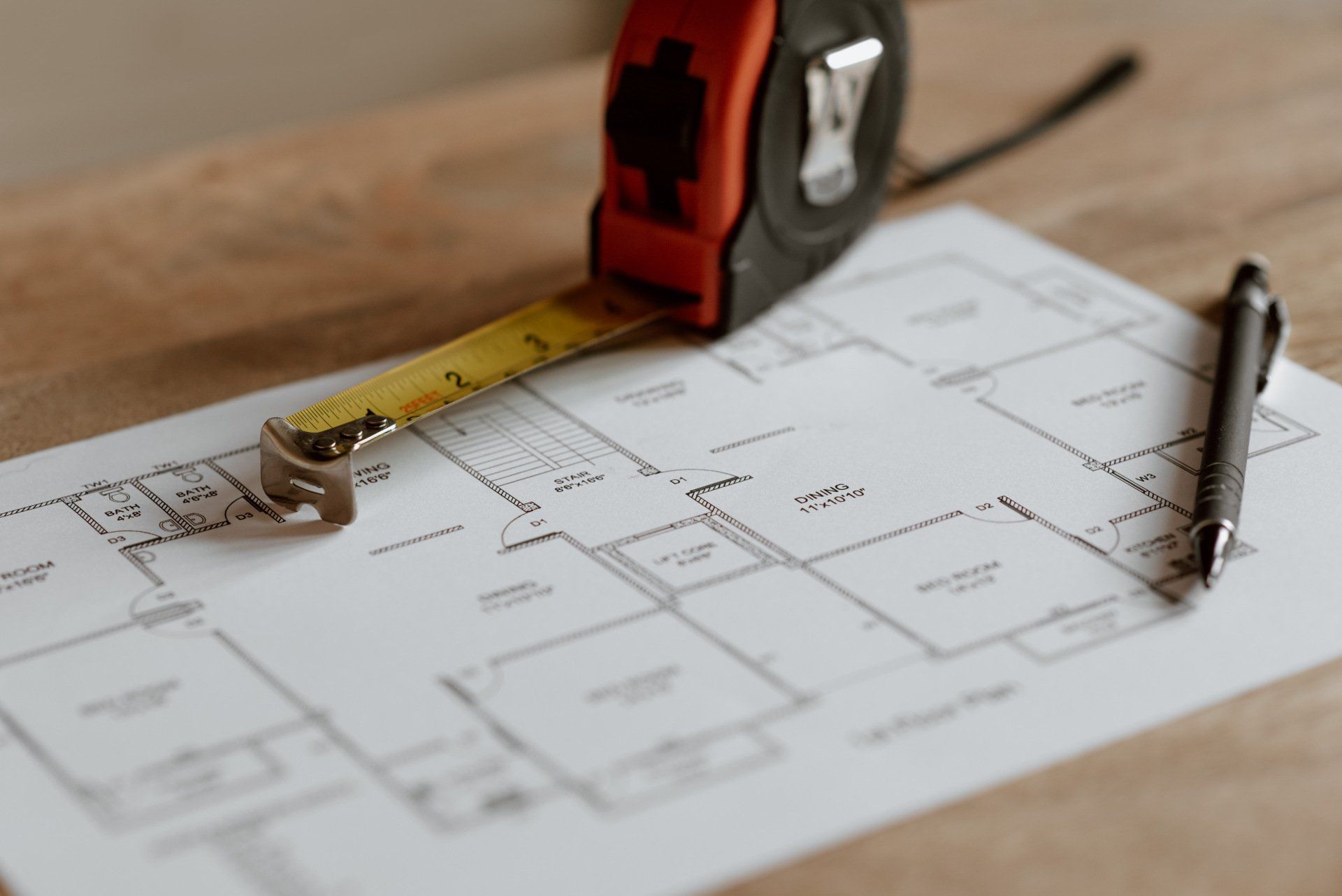Are You Eligible for the Second Round of PPP Loan Forgiveness?
The Paycheck Protection Program (PPP) is back, offering a second round of loan forgiveness to new borrowers and qualified second-time PPP borrowers. The second round of PPP loans has earmarked up to $284 billion to support business owners' payroll costs and other eligible expenses through March 31, 2021. Loans will be available to first-time participants on Monday, January 11, and existing PPP participants on Wednesday, January 13.
First Draw PPP Loan Eligibility
Borrowers that did not participate in the first round are generally eligible for a First Draw PPP Loan if they were in operation on February 15, 2020, and fall into one of the following categories:
- Businesses with 500 or fewer employees that are eligible for other SBA 7(a) loans.
- Eligible self-employed individuals (including sole proprietors and independent contractors).
- Non-profit organizations, including churches.
- Accommodation and food services operations with no more than 500 employees per location.
- Sec. 501(c)(6) business leagues with no more than 300 employees that do not receive more than 15% of its income from lobbying.
- Qualifying news organizations with 500 or fewer employees per location.
Second Draw PPP Loan Eligibility
Existing PPP participants are generally eligible for a Second Draw PPP Loan if the borrower:
- Used or will have used its First Draw PPP Loan as authorized.
- Has no more than 300 employees.
- Can prove it has suffered at least a 25% reduction in gross income between the same quarters in 2019 and 2020.
Our team is committed to monitoring new developments with the PPP and providing you with the information you need. It is essential that your small business consults with knowledgeable corporate attorneys, financial advisors, and accountants on your PPP eligibility and forgiveness applications. If you have any questions about the new eligibility requirements or any other issues involving the PPP, please feel free to call or email us.


